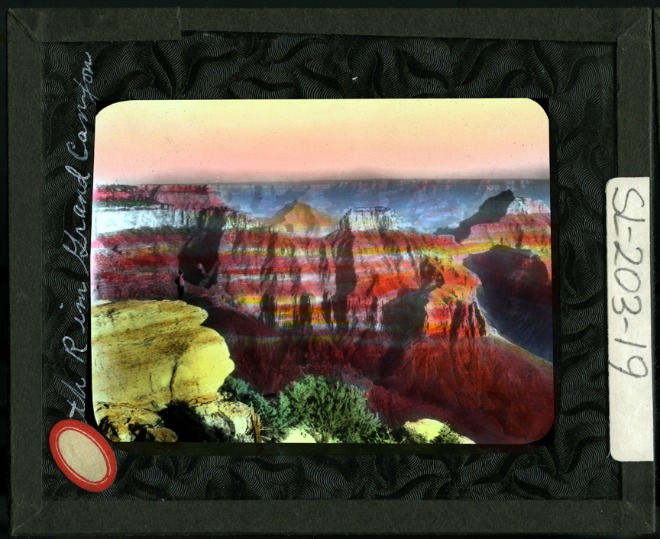So, not that much data then?
Think again!
The Library of Congress’s digital collections are growing at a rate of 1.5 terabytes per day (that means, by the popular measure, we collect a “Library of Congress” worth of data each week, if anyone’s counting). The Repository Development Center, where we work, builds software and services to help manage and preserve the digital collections of the Library of Congress. What is a digital repository? There are whole books written on this topic, but we understand a digital repository to be software and hardware that:
- Keeps digital material safe from accidental or unauthorized change or destruction;
- Makes it possible to get material in the door, described, managed, preserved and available to the people who will use it.
This is How the Vatican Will Digitize Millions of its Documents
Digitizing the Vatican’s 40 million pages of library archives will take 50 experts, five scanners and many, many years before the process comes to a close. The Vatican Library was founded in 1451 and has around 82,000 manuscripts, some of which date back about 1,800 years… When workers start handling documents, they’ll wear gloves and have to remove all jewelry so as to avoid scratching the paper. Observers from the Vatican will see to it that the rules are followed.
Read the full post and view the video »
Previously Unknown Warhol Works Discovered on Floppy Disks from 1985
A multi-institutional team of new-media artists, computer experts, and museum professionals have discovered a dozen previously unknown experiments by Andy Warhol (BFA, 1949) on aging floppy disks from 1985.
Lost cities and found documents: do we ever discover in archives?
Discovery is not about seeing something but about making a connection. Researchers look at documents every single day which might be thrilling if read by someone else but aren’t the thing they personally are looking for and so are passed over. The real myth about discovery in archives is not discovery itself – it happens! – but that the discoverer is solely responsible. But this myth is widely peddled all over the place. The myth of the lone scholar is as tired as that of the lone entrepreneur: research and innovation are collaborative. No one ever does it by themselves nor have they ever. In order to make your discovery you first read quite a lot of books by quite a lot of people, used catalogues and online systems they built, bounced ideas off your colleagues, partner, friends, pets and therapist. Read the full post
19 (legitimately!) astounding photos from the Museum of Natural History’s newly digitized archives
For over a century, the amazing photographs in the American Museum of Natural History’s vast archives were squirreled away in the fourth-floor research library of a museum in Manhattan’s upper West Side. But thanks to a large-scale digitization project begun in 2006, more than 7,000 images went online this week — and they’re just the start of an eclectic, legitimately wonder-inducing collection of 1 million photos the museum eventually wants to put online.
What impact have archives had on your life?
A world without records is a world without memory. Archivists, record managers and conservators invite you into the UK and Ireland archives where the records of your life, your community, your business, your nation and your world are collected, kept safe and made accessible. From this page you can begin to explore your own history and your own interests, online or through visiting an archive. You can learn more about the endless variety of records held by archives and how they contribute to education, business, identity and democracy.
Check out this great site



